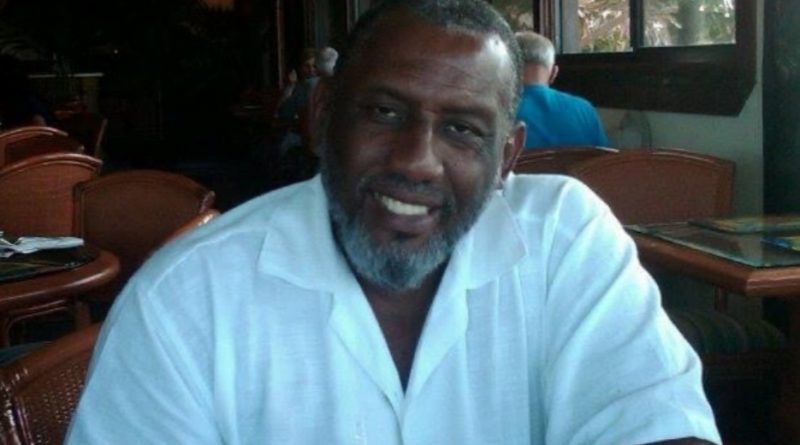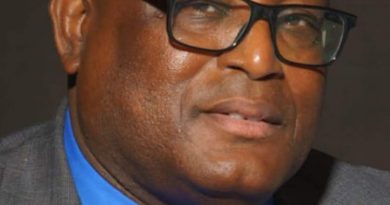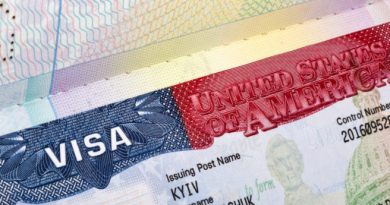In extending the trial-by-judge-alone provision, Symister says the Browne Administration is slaughtering the justice system
The Gaston Browne Administration is slaughtering the justice system in Antigua and Barbuda, says attorney-at-law Leon Chaku Symister, as the Government seeks, this week, to amend the Criminal Proceedings Act, more commonly referred to as the Trial by Judge Alone Act.
In May 2021, the law was amended to allow certain High Court cases to be tried by judges only, rather than the customary jury system. This change was made to facilitate the social-distancing protocols of COVID-19.
Since the courtrooms could not safely accommodate jury members (or the public), the pandemic caused trials to be suspended and a serious backlog of cases ensued. Accordingly, the decision was taken to have some cases tried by judges only and to reduce the number of jurors from 12 to nine, and this was passed into law.
However, the judge-alone trials were expected to be in place only for two years, coming to an end in 2023.
Recently, the World Health Organisation (WHO) declared that COVID-19 is no longer a global health emergency. Despite this, however, the Browne Administration is looking to amend the time frame for judge-alone trials, making them a permanent fixture of the justice system – unless and until the minister decides to end the arrangement.
According to Symister, the Labour Party does not like to see the people enjoying their rights; therefore, it is opting to continue with this system, even though the pandemic is no longer a dire threat.
Although it is not a constitutional provision, Symister explains, trial by a jury of one’s peers is an inherent part of this country’s criminal-justice system, and he is critical of the Government’s attempts to abridge it.
The attorney says he could understand the Government taking a remedial measure for a limited amount of time. But because it still holds a slim majority in the Lower House, it is simply doing what it wants.
Symister says that, in the normal course of a trial, it is the jurors who are judges of the facts, while the presiding judge is deemed an arbiter of the law.
With a judge-alone trial, however, the judge becomes both the finder of the facts and the arbiter of the law, he says. And the judge cannot be considered the jury, he adds, since a jury comprises people of varying backgrounds and opinions.
Therefore, Symister is of the opinion that a jury trial is a fairer way to administer justice to accused persons.
Meanwhile, the attorney says it will be interesting to see if other lawyers will express their opinion openly on this proposed amendment.
Given that the State is powerful – since it has more resources than the common defendant in most cases – its coercive power to present a case will be considered fairly by a jury.
This is another reason why the jury system is so important, Symister says, since persons from the community will listen and bring their own experiences to their deliberations.
While he is not denigrating any judge or other judicial officer, Symister says that – no matter their level of intelligence or experience – no single judge will ever have the vast experience of a collective jury.
The Act, as it stands, makes provision for some cases to be tried by a judge alone and others to be tried by jury alone. In those matters where there is an option, defendants could elect to have only the judge hear their matter.




